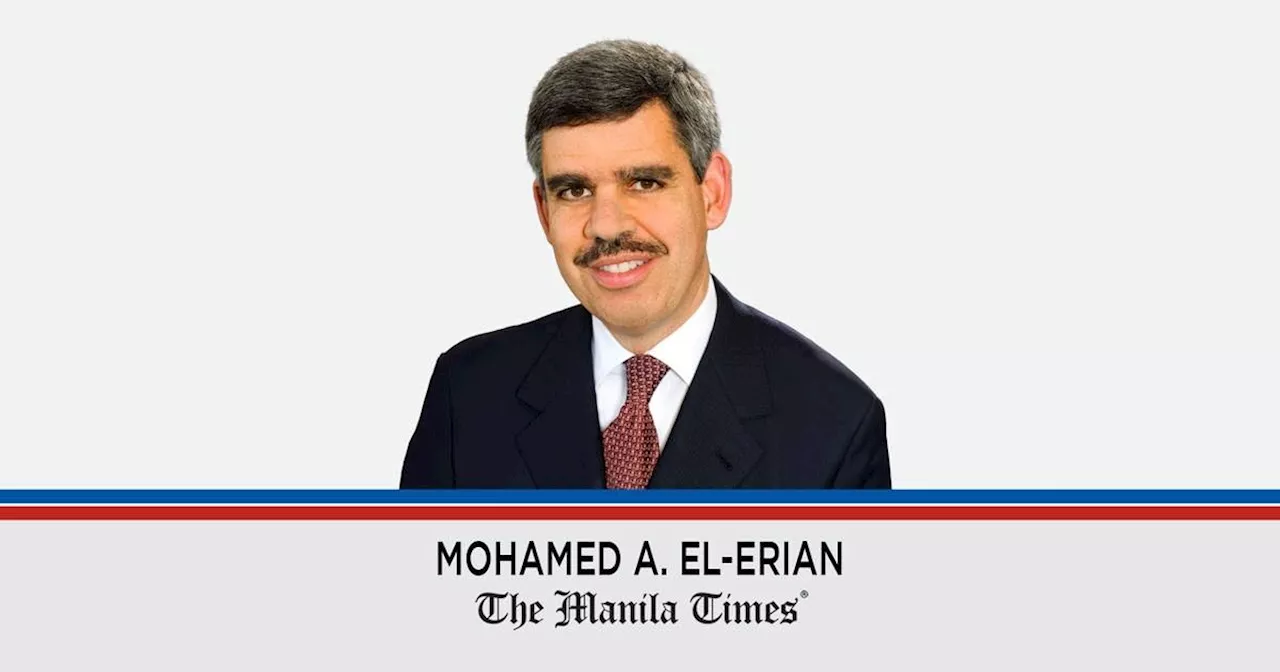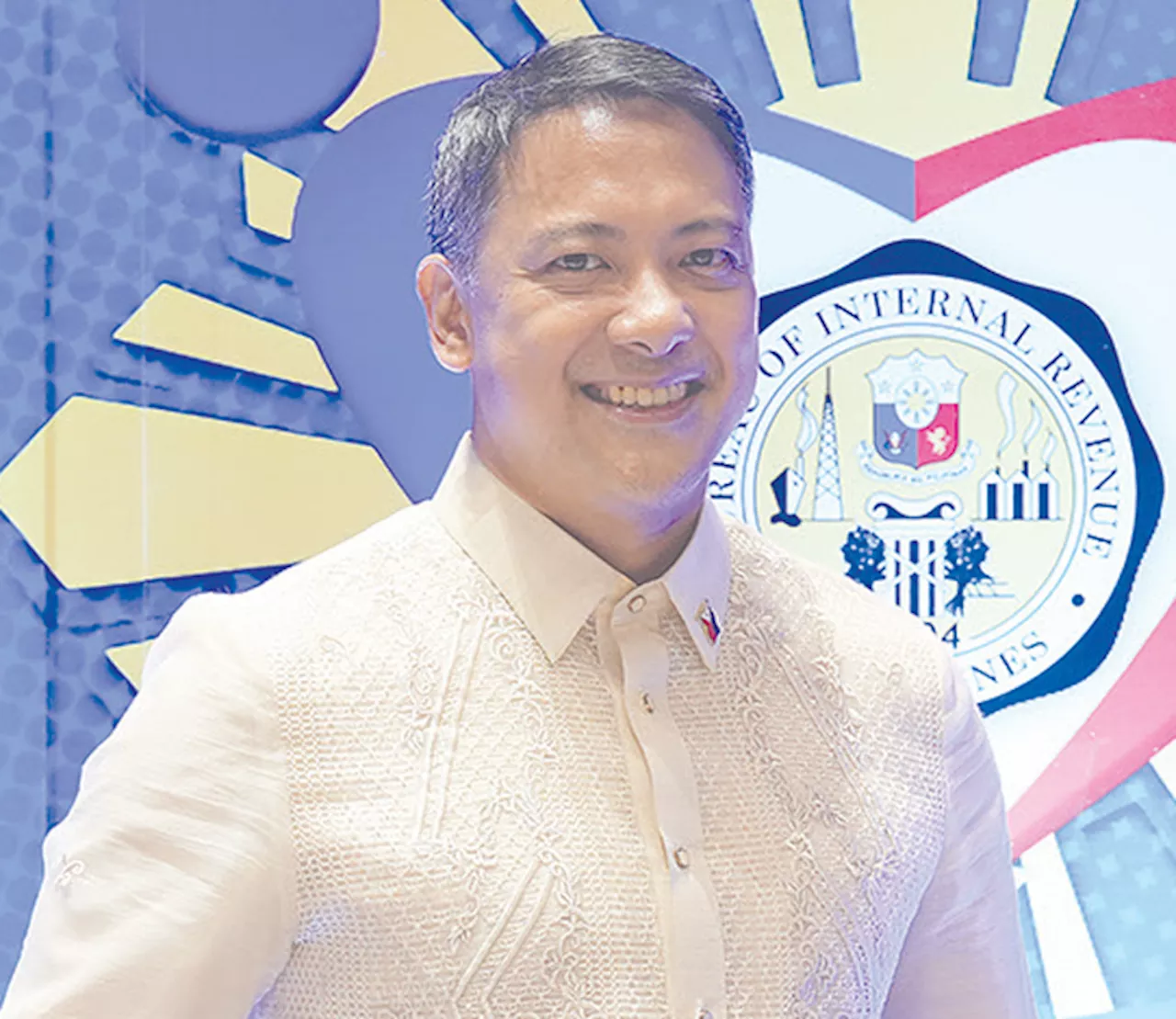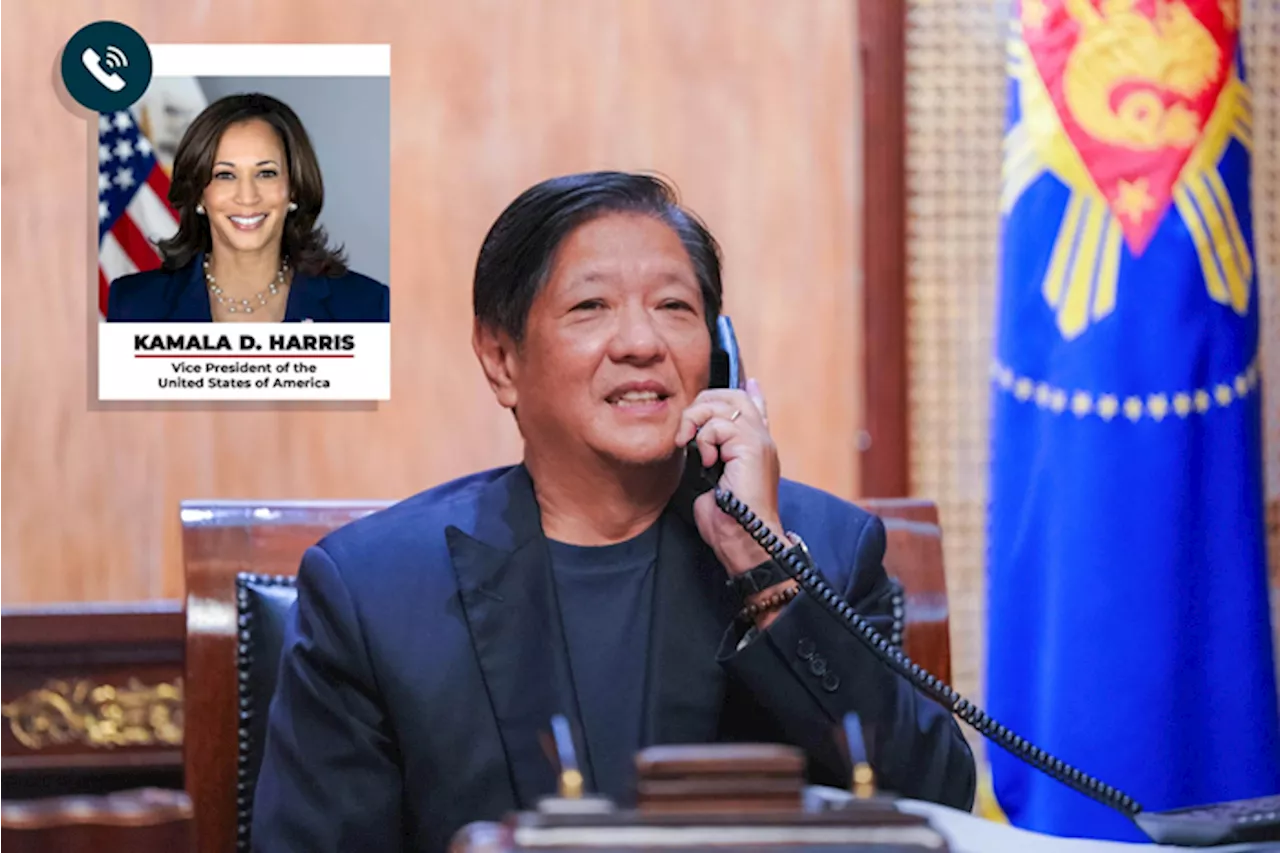Spain, a member of NATO since 1982, faces significant challenges in meeting the alliance's target of 2 percent of GDP on defense spending. Despite a recent increase in defense spending, Spain remains last among NATO's 32 members in terms of contributions to the alliance. Several factors contribute to this, including Spain's history of dictatorship, its distance from Europe's eastern flank, and the general unpopularity of militarism among Spanish voters. However, Spain's leaders emphasize the country's commitment to European security and point to its contributions to various EU and UN missions.
While Europe's military heavyweights have already said that meeting President Donald Trump's potential challenge to spend up to 5 percent of their economic output on security won't be easy, it would be an especially tall order for Spain . The eurozone's fourth-largest economy, Spain ranked last in the 32-nation military alliance last year for the share of its GDP that it contributed to the military, estimated to be 1.28 percent.
That's after NATO members pledged in 2014 to spend at least 2 percent of GDP on defense—a target that 23 countries were belatedly expected to meet last year amid concerns about the war in Ukraine. When pressed, Spanish Prime Minister Pedro Sánchez and others in his government have emphasized Spain's commitment to European security and to NATO. Since 2018, Spain has increased its defense spending by about 50 percent from 8.5 billion euros ($8.9 billion) to 12.8 billion euros ($13.3 billion) in 2023. Following years of underinvestment, the Sánchez government says the spending increase is proof of the commitment Spain made to hit NATO’s 2 percent target by 2029. But for Spain to spend even more—and faster—would be tough, defense analysts and former officials say, largely because of the unpopular politics of militarism in the Southern European nation. The country’s history of dictatorship and its distance from Europe’s eastern flank also play a role. “The truth is defense spending is not popular in European countries, whether it’s Spain or another European country,” said Nicolás Pascual de la Parte, a former Spanish ambassador to NATO who is currently a member of European Parliament from Spain’s conservative Popular Party. “We grew accustomed after the Second World War to delegate our ultimate defense to the United States of America through its military umbrella, and specifically its nuclear umbrella.”Spain joined NATO in 1982, a year after the young, isolated democracy survived a coup attempt by its armed forces and seven years after the end of the 40-year military dictatorship led by Gen. Francisco Franco. Under a 1986 referendum, a narrow majority of Spaniards voted to stay in the alliance, but it wasn’t until 1999 that the country that is now Europe’s fourth-largest by population joined NATO’s military structure. In that sense, “we are a very young member of NATO,” said Carlota Encina, a defense and security analyst at the Elcano Royal Institute think tank in Madrid. Opinion polls generally show military engagement as unpopular among Spanish voters. An overwhelming majority of Spaniards were opposed to their country’s involvement in the 2003 Iraq war, polls showed at the time, but support for NATO in recent years has grown. About 70 percent of Spaniards were in favor of NATO sending military equipment, weapons and ammunition to Ukraine soon after Russia began its full-scale invasion of the country, according to a March 2022 poll conducted by the state-owned Centre for Sociological Studies, or CIS. But only about half were in favor of Spain increasing its own defense budget, according to another survey CIS conducted that month. Across the spectrum, political analysts and former Spanish politicians say militarism just isn’t great politics. Madrid is nearly 3,000 kilometers (roughly 1,800 miles) west of Kiev, unlike the capitals of Poland, Estonia or Latvia, which are closer and have exceeded the alliance’s 2 percent target based on last year’s estimates. Ignasi Guardans, a Spanish former member of the European Union’s parliament, said many Spaniards value their army for humanitarian efforts and aid work, like the help thousands of soldiers provided after the destructive Valencia flash floods last year.Encina said Spanish politicians generally feel much more pressure to spend publicly on other issues. “This is something that politicians here always feel and fear,” she said. The thinking goes, “why do we need to invest in defense and not in social issues?”Spain’s leaders point out that while they have yet to meet NATO’s budget floor, it’s unfair to only consider the country’s NATO contributions as a percentage of GDP to measure of its commitments to Europe and its own security. Officials often point to the country’s various EU and U.N. missions and deployments, arguing that through them, the country contributes in good form. “Spain, as a member of NATO, is a serious, trustworthy, responsible and committed ally,” Defense Minister Margarita Robles told reporters this week following comments made by Trump to a journalist who asked the US president about NATO’s low spenders. “And at this moment, we have more than 3,800 men and women in peace missions, many of them with NATO,” Robles said. Spain’s armed forces are deployed in 16 overseas missions, according to the defense ministry, with ground forces taking part in NATO missions in Latvia, Slovakia and Romania and close to 700 soldiers in Lebanon as part of the country’s largest U.N. mission
Defense & Security NATO Spain Defense Spending European Union Military Engagement International Security
Philippines Latest News, Philippines Headlines
Similar News:You can also read news stories similar to this one that we have collected from other news sources.
 Political Rift and Rice Imports: Philippines Faces ChallengesThe Philippines grapples with political instability stemming from the rivalry between President Marcos and Vice President Sara Duterte, while also facing challenges in rice production and rising poverty rates.
Political Rift and Rice Imports: Philippines Faces ChallengesThe Philippines grapples with political instability stemming from the rivalry between President Marcos and Vice President Sara Duterte, while also facing challenges in rice production and rising poverty rates.
Read more »
 Philippines Faces Challenges in Combating HIV EpidemicThe Philippines, though making progress in HIV prevention and treatment, grapples with significant challenges. Limited awareness, stigma, and restricted access to essential interventions like PrEP and ART hinder effective control of the epidemic. The current system's focus on registration and tracking may deter people from seeking testing and treatment due to fear of stigma. Moreover, social determinants of health can impact medication adherence for ART.
Philippines Faces Challenges in Combating HIV EpidemicThe Philippines, though making progress in HIV prevention and treatment, grapples with significant challenges. Limited awareness, stigma, and restricted access to essential interventions like PrEP and ART hinder effective control of the epidemic. The current system's focus on registration and tracking may deter people from seeking testing and treatment due to fear of stigma. Moreover, social determinants of health can impact medication adherence for ART.
Read more »
 UK Economy Faces Challenges Amidst Global Market VolatilityWhile the UK government is right to attribute recent market volatility to global factors, particularly rising US bond yields, the author warns of the structural weaknesses that exacerbate the UK economy's vulnerability. Higher borrowing costs, a weaker pound, and fears of stagflation pose significant challenges. The government must address these concerns through proactive policies and effective communication to improve the economic outlook and rebuild public confidence.
UK Economy Faces Challenges Amidst Global Market VolatilityWhile the UK government is right to attribute recent market volatility to global factors, particularly rising US bond yields, the author warns of the structural weaknesses that exacerbate the UK economy's vulnerability. Higher borrowing costs, a weaker pound, and fears of stagflation pose significant challenges. The government must address these concerns through proactive policies and effective communication to improve the economic outlook and rebuild public confidence.
Read more »
 Philippine Economy Shows Signs of Recovery Amidst ChallengesThe Philippine economy is showing signs of recovery despite ongoing challenges such as poverty and inflation. House Speaker Ferdinand Martin Romualdez highlights key milestones, including a decrease in unemployment and government initiatives aimed at providing relief and support to vulnerable Filipinos. While acknowledging the complexity of addressing systemic issues, Romualdez emphasizes the importance of a collaborative approach involving both the public and private sectors to build a stronger and more equitable Philippines.
Philippine Economy Shows Signs of Recovery Amidst ChallengesThe Philippine economy is showing signs of recovery despite ongoing challenges such as poverty and inflation. House Speaker Ferdinand Martin Romualdez highlights key milestones, including a decrease in unemployment and government initiatives aimed at providing relief and support to vulnerable Filipinos. While acknowledging the complexity of addressing systemic issues, Romualdez emphasizes the importance of a collaborative approach involving both the public and private sectors to build a stronger and more equitable Philippines.
Read more »
 BIR Breaks 20-Year Drought, Sets Sights on Future ChallengesThe Bureau of Internal Revenue (BIR) surpassed its 2024 collection target, ending a 20-year streak. Commissioner Romeo D. Lumagui Jr. attributes this success to agency reforms, but outlines challenges like illicit trade and regulating online transactions for 2025.
BIR Breaks 20-Year Drought, Sets Sights on Future ChallengesThe Bureau of Internal Revenue (BIR) surpassed its 2024 collection target, ending a 20-year streak. Commissioner Romeo D. Lumagui Jr. attributes this success to agency reforms, but outlines challenges like illicit trade and regulating online transactions for 2025.
Read more »
 PH and US Pledge Strong Alliance Amidst Regional ChallengesIn a significant show of solidarity, Philippine President Ferdinand Marcos Jr. and US Vice President Kamala Harris affirmed their commitment to strengthening the enduring alliance between the two nations during a phone call on January 15, 2025. With the incoming Trump administration, the focus remained on maintaining the strong and dynamic partnership that has been cultivated under the outgoing Biden administration. The leaders discussed key areas of cooperation, including security in the West Philippine Sea, trilateral engagement with Japan, and advancing shared values in the Indo-Pacific region.
PH and US Pledge Strong Alliance Amidst Regional ChallengesIn a significant show of solidarity, Philippine President Ferdinand Marcos Jr. and US Vice President Kamala Harris affirmed their commitment to strengthening the enduring alliance between the two nations during a phone call on January 15, 2025. With the incoming Trump administration, the focus remained on maintaining the strong and dynamic partnership that has been cultivated under the outgoing Biden administration. The leaders discussed key areas of cooperation, including security in the West Philippine Sea, trilateral engagement with Japan, and advancing shared values in the Indo-Pacific region.
Read more »
